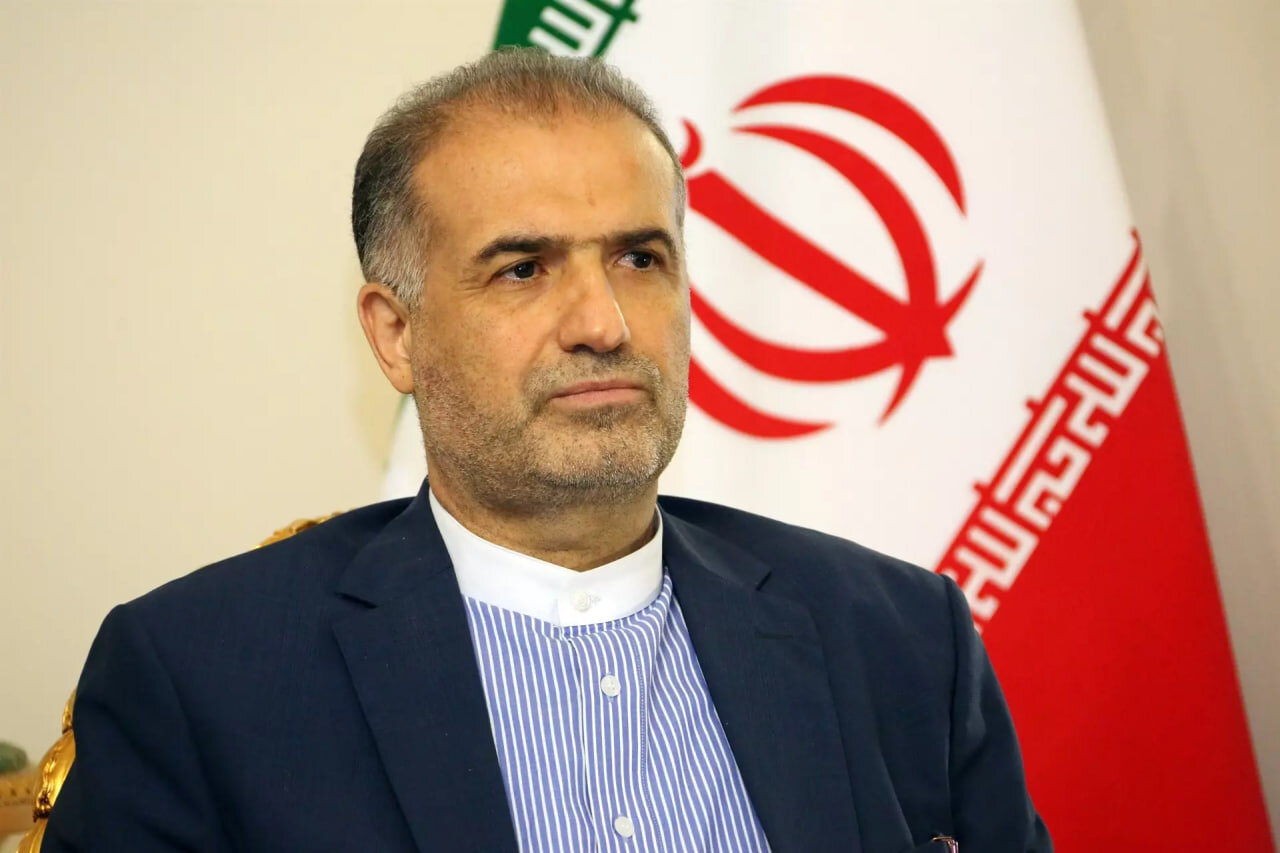The role of media and BRICS in reshaping power structures

MOSCOW - Today, I had the honor of attending the opening session of the BRICS Media Forum, which also marks the 120th anniversary of the TASS news agency.
The speeches delivered were insightful, though not entirely new to us as Iranians, addressing familiar themes such as unilateralism, media monopolies, and the media dictatorship in the West. These are issues the Islamic Republic of Iran and the Islamic Revolution have been confronting for 45 years. What's remarkable now is that this voice is growing louder and more influential on the global stage.
The countries in the Global South are increasingly drawing clearer distinctions against the Global North. It’s becoming clear that nations in the Global South, with their understanding of global dynamics and the behavior of the Global North, particularly the United States, have realized they must unite and stand together.
The core idea behind BRICS is that the current global power structure is failing and needs to be rethought.
Events around the world are showing more clearly that this structure is monopolistic. Even international organizations, like the United Nations, which were established to promote peace and security, have lost their effectiveness due to the unfair and rigid nature of global powers.
For example, in the case of Gaza, although much of the world’s public opinion supports the oppressed people of Gaza, the minority powerful prevents a meaningful action. This has led to a global understanding that we must challenge this system. Organizations like BRICS have emerged in response to this need.
BRICS, in particular, is taking a leading role in critiquing the global power structure, though other organizations are also making strides.
I believe the media has a crucial role to play. First, in exposing and portraying the realities of the world, something independent media has done well by highlighting the harsh truths of today’s world. Second, and perhaps more urgently now, is fostering collaboration among independent media across the globe. Although there are many independent media outlets, they don't interact much with each other.
When we look at the so-called Global North, we see numerous media outlets, but their narratives are often similar. They work together to repeat the same news in different forms to increase credibility.
Independent media need to work toward greater collaboration, creating think tanks, and working together to reflect global realities while avoiding fake news and promoting accurate information. In this regard, the media in the Islamic Republic of Iran plays a vital role, as the discourse it champions—originating from core of the Islamic Revolution—can contribute significantly.
Cooperation between Iranian and BRICS media, along with other independent countries, could be highly impactful. In addition to BRICS, platforms like the Anti-Sanctions Club are also emerging, particularly in response to the U.S.’s policy of threats and sanctions. As the number of sanctioned countries grows, this club is gaining traction.
I believe that media outlets from sanctioned nations can work together to expose the corrupt nature of the global power structure and take significant steps to raise global public awareness.
In conclusion, the Islamic Republic of Iran, in the first year of its membership in the BRICS bloc, has actively participated in all BRICS events. Russia has held numerous meetings and sessions across different fields, and we have been actively involved.
Hopefully, in the upcoming BRICS Summit in Kazan, Iranian President Masoud Pezeshkian will be present. As he outlined in his English-language article, international relations and cooperation are of great importance to his administration, and enhancing cooperation with BRICS is a priority. Strengthening relations with Russia is also a key focus, and he is expected to attend and deliver a speech at the Kazan summit, where he will also have bilateral meetings with several BRICS leaders.
This summit, I believe, provides an excellent opportunity to promote both governmental and media cooperation among BRICS countries.
